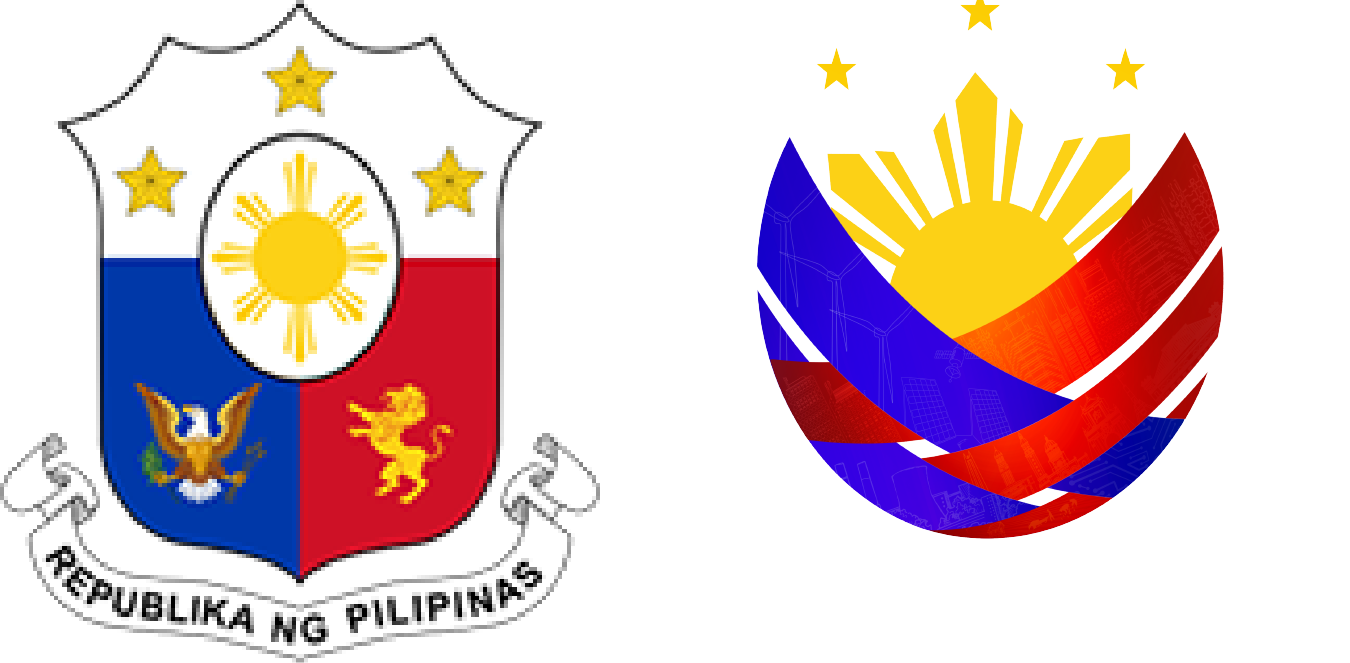PHL Ambassador meets Filipino Science and Technology officials in New Zealand

In line with the Philippine Government’s priority to learn more and apply advances in technologies, research and development in aquaculture, specifically for the mussel industry, a delegation composed of Dr. Dalisay DG. Fernandez, Director, Inland Aquatic Resources Division, Ms. Kristine Joy L. Tandang, Mussel Program Manager, Inland Aquatic Resources Division, Department of Science and Technology-Philippine Council for Agriculture, Aquatic and Natural Resources Research and Development (DOST-PCAARRD), Dr. Carlos Baylon, Overall Program Leader, National Mussel Science and Technology Program (NMSTP) and Dr. Liberato Laureta, NMSTP Program Leader A (Hatchery and Culture), University of the Philippines Visayas visited New Zealand on 8-19 March 2014. They have been sent by Hon. Mario G. Montejo, Secretary (Minister) of Science and Technology on a special study mission during which they met with officials and representatives from the Ministry of Primary Industries, Cawthorn Institute, University of Auckland and some private farms and processing plant in New Zealand.

Ambassador Virginia H. Benavidez received the Philippine delegation members in Wellington on 9 March 2014 and held discussions on the learnings to be derived from New Zealand’s experience and expertise in the development of the mussel industry and ways to establish linkages and collaboration with mussel centers and institutions to know more about the country’s best practices and capability building programmes. Throughout their visits and meetings in the North and Soutgh Islands, the DOST and University of the Philippines Visayas officials obtained extensive knowledge of and exposure to the investments in New Zealand’s greenshell mussels, practices and policies for biosafety protocols and science based regulation, mussel hatchery technology, techniques for mussel culture and catching, postharvest techniques and the industry’s environmental code and quality standard regulations. As Director Fernandez pointed out, the technologies will be tried on a laboratory scale using locally available materials and pilot testings will be carried out in private farms subsequently.
The Philippine delegation also joined Ambassador Benavidez in the study visit to the Wairarapa region where Filipinos are being recognized for their contributions to the bee culture industry.
During the dinner hosted by Ambassador Benavidez in honour of the Philippine delegation for the technology search for the development of the mussel industry in the Philippines and the Filipinos who continue to be successful in their beekeeping businesses and bee culture, she paid tribute to their wholehearted commitment and laser focused determination to excel in their respective professions and lines of work and to learn and upgrade their skills and knowledge in the scientific areas where New Zealand has developed its renowned strengths and technologies. “The valuable learnings gained from the mussel culture and the bee culture are crucial in helping the Philippines lift its development in these important industries, provide opportunities and benefits for Filipinos in their livelihood, food sources and technologies advancement and promote greater cooperation between the Philippines and New Zealand in the scientific field,” Ambassador Benavidez stated.
